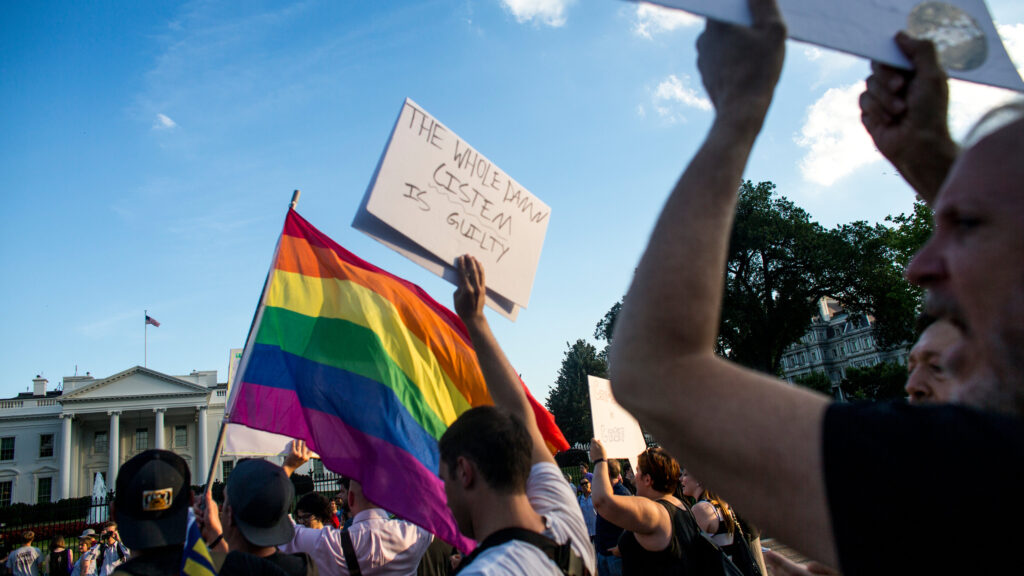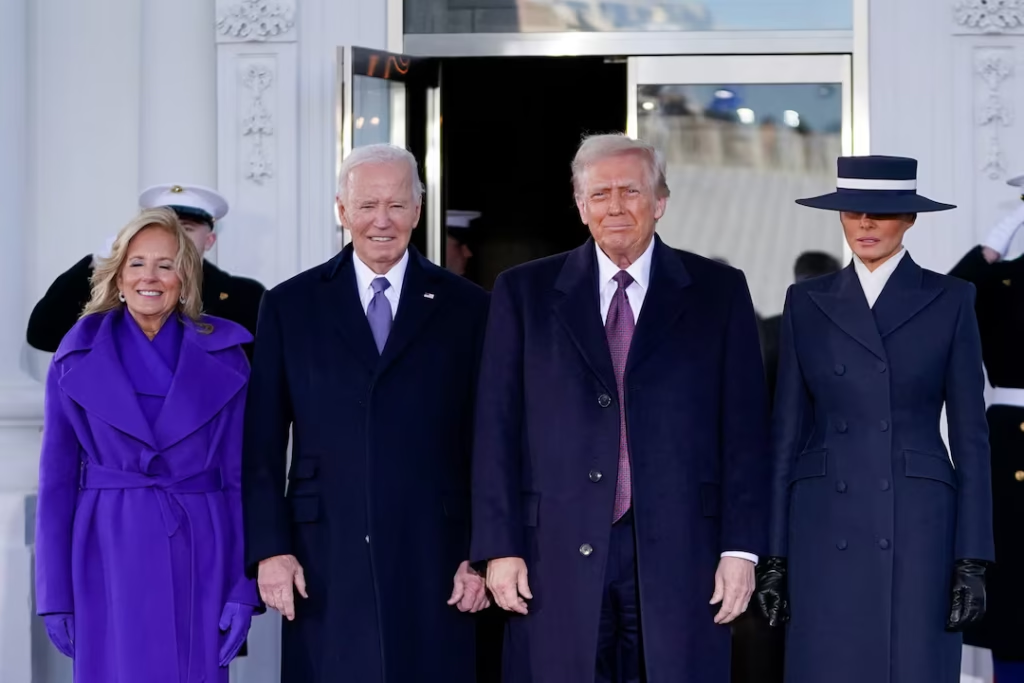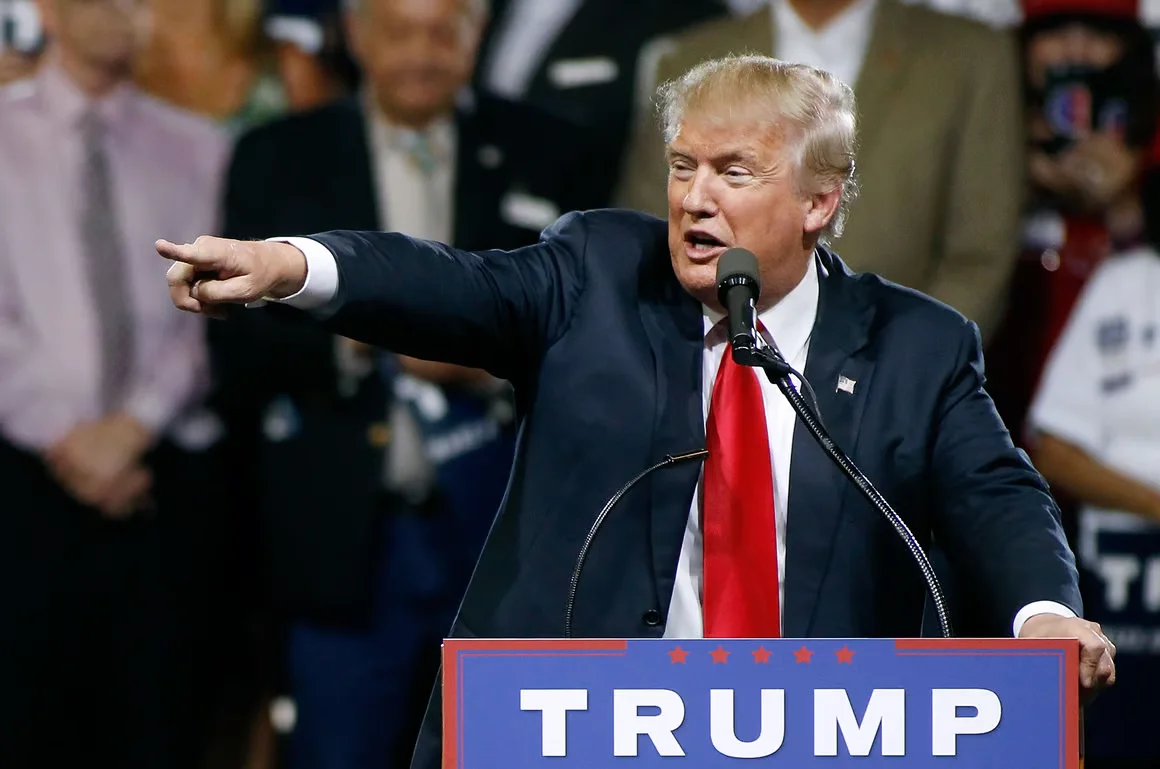In a highly contentious move, President Donald Trump announced today that the United States government will now officially recognize only two genders: male and female. This landmark decision has ignited fierce debate across the political and social spectrum, signaling a significant shift in federal policy.
“As of today, it will henceforth be the official policy of the United States government that there are only two genders: male and female,” Trump declared at a press conference held at his Mar-a-Lago estate. The announcement is in line with Trump’s broader focus on conservative values and traditional definitions of gender.
Policy Framework and Implementation
Under the new directive, federal agencies will adopt strict binary classifications for gender on all official documents, including passports, Social Security records, and medical forms. Educational institutions and healthcare providers that receive federal funding will also be required to comply with these definitions.
The policy is expected to have a profound impact on anti-discrimination protections, healthcare access, and legal documentation processes. Critics warn that it may roll back rights for transgender and nonbinary individuals, while supporters argue that it upholds biological realities and simplifies government operations.
“This policy restores clarity and common sense to our institutions,” a spokesperson for Trump’s team stated. “The government should not be compelled to accommodate subjective and non-biological definitions of gender.”
Reactions and Criticism
Trump’s announcement has drawn immediate backlash from LGBTQ+ advocacy groups, civil rights organizations, and healthcare professionals. Many argue that the policy disregards scientific research on gender diversity and poses significant risks to marginalized communities.
“This decision erases the existence and rights of millions of Americans who identify outside the male-female binary,” said Sarah Thompson, a leader at the Human Rights Campaign. “It’s a direct attack on the LGBTQ+ community and a stark regression in civil rights.”

Medical experts have voiced concerns about the policy’s implications for transgender and nonbinary individuals. Dr. Emily Rivera, an endocrinologist specializing in transgender health, emphasized the complexity of gender identity. “This policy oversimplifies a deeply nuanced issue and could harm the mental and physical well-being of affected individuals,” she stated.
Political and Cultural Fallout
The decision has reignited cultural and political tensions in the United States. Conservative groups and lawmakers have largely praised Trump’s move, framing it as a defense of traditional values and biological truth. Progressive leaders and activists, however, have vowed to fight the policy in court.

President Joe Biden’s administration, which has championed LGBTQ+ rights, strongly condemned the announcement. “This policy rejects the diversity that makes our nation strong,” said White House Press Secretary Karine Jean-Pierre. “We stand with all Americans, regardless of their gender identity.”
Legal Challenges on the Horizon
Civil rights organizations are already mobilizing to challenge the policy in court, arguing that it violates constitutional protections and federal anti-discrimination laws. Legal analysts predict a protracted battle that could ultimately reach the Supreme Court.
Broader Implications
The policy shift underscores the ongoing cultural debate over gender identity and the role of government in defining societal norms. Trump’s announcement is seen by many as a rallying cry for his base, while others view it as a divisive and exclusionary move.
As the United States braces for the fallout, the decision highlights broader questions about individual rights, social progress, and the boundaries of governmental authority. For many, the debate over gender recognition is far from over.




